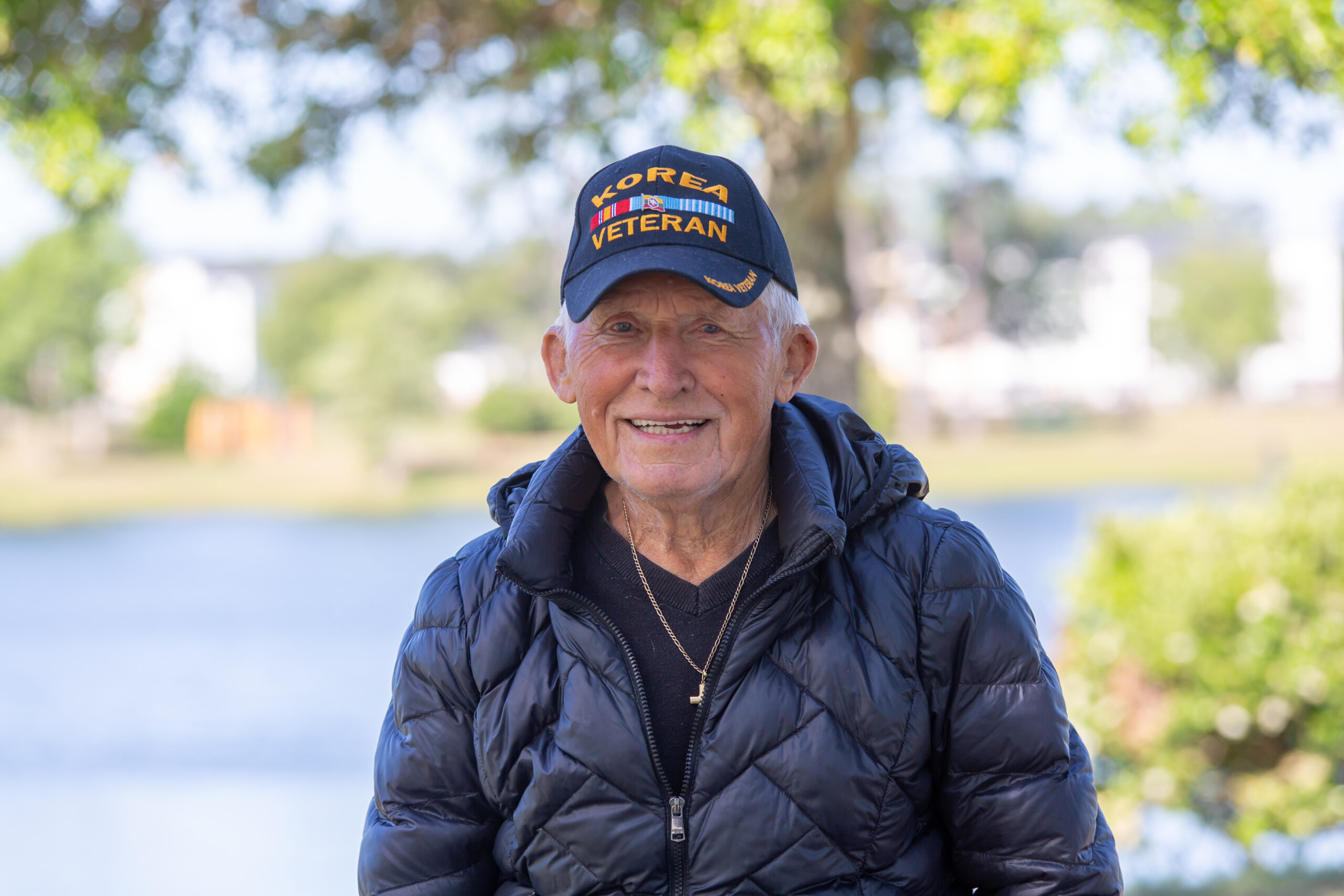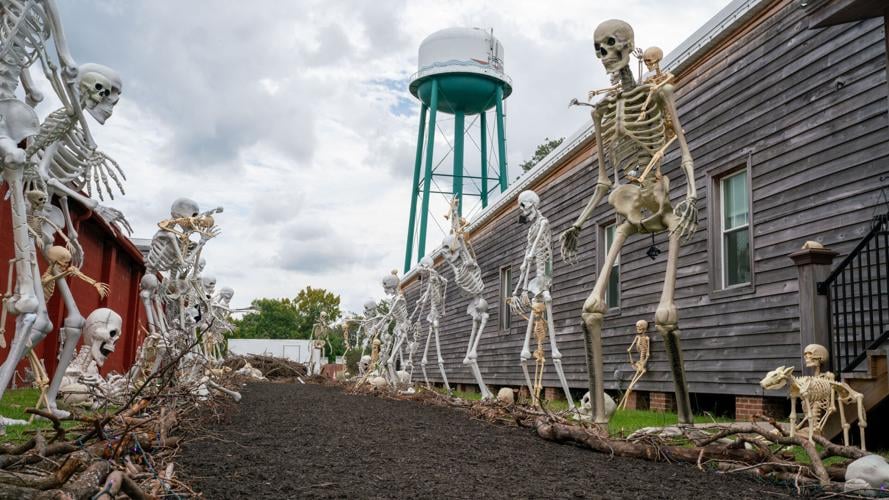WWII Refugee, Korean War Era Veteran and Repeat 2000 Miler
Celebrate Our Veteran gives voice to the stories of the U.S. military veterans living amongst us. The actions of these brave and dedicated people, who have served our country both in active military duty as well as administrative positions, have and continue to contribute to the protection and preservation of us and our country.
We hope that this section of our paper is an opportunity for our community to hear and see veterans with new eyes, and for veterans to receive recognition and honor for their experiences and life journeys.
This month’s Celebrate Our Veteran recounts the story of Victor Kubilius as told in his own words. It is continued in next month’s Celebrate Our Veteran column. Click here to read Part 2.
by Melissa LaScaleia
“I was born in Lithuania by the shores of the Baltic Sea in 1931. I lived there for ten years before World War II started. Then the Germans invaded Russia, and Lithuania was in the way, so they trampled all over us as well as the other Baltic countries of Estonia and Latvia. The Russians were pushing the Germans back in my country. It was a war zone; all of Europe was in a war.
My mother had nine children, and only six survived. At that time, it was common that a child could die shortly after birth. Then my father died when I was two years old, leaving my mother with five young children and pregnant with a sixth. My aunt primarily raised my elder sister, Danute, due to the hardship. Plus my aunt had four sons and wanted a daughter.
Danute was a year older than I was. When the war broke out, she didn’t leave Lithuania with us; instead she stayed with her primary family and began secretly working with the resistance movement. She was eleven or twelve years old at the time, and hid two young Lithuanian nationalists in a root cellar. At night she would let them out and they would ambush the Russians. It was foolish, they were never going to win, but they were patriots. The Russians didn’t catch her until four or five years later. A neighbor who was sympathetic to the Russians turned her in.
The two young men committed suicide in the root cellar with hand grenades because they knew if the Russians found them they’d be tortured and want to know where the rest of the insurgents were hiding. My sister was shipped off to Siberia. After Stalin died, the Russians became more gentle and released her. After five years in Siberia, she returned to Lithuania. We reunited after forty years in Lithuania— it was quite an occasion.
While my sister stayed behind, my mother, brother and sister and I became refugees. The Germans pushed the Russians way back west to Leningrad, and we were being pushed along with them, along the war front.
When winter came, the Germans had to stop because they had no winter equipment. Then the Russians pushed the Germans back fairly easily. We were caught really, between these two warring counties. The Russians were even more aggressive than the Germans, so we decided to go to Germany. We walked across most of the country. We had no horses, no vehicles. We walked with what was on our backs, and pushed a small cart behind us. We couldn’t take showers. We were hungry. I had to steal or beg for food.
We eventually reached Schneider Muller. From there, we boarded trains and were shipped to the western part of Germany in the farmlands, a little town called Oldenburg. This is where the Germans took the refugees who didn’t want to go back to their country under Soviet Rule. They delivered us to farmers. We worked and didn’t get paid, but it was better because we had food, shelter and beds, and we were used to being farmhands, so it was no big deal for us.
When the Germans finally capitulated to the Allies, Europe was divided into three zones governed by the English, American, and French. Germany decided to immigrate people who wanted to go to Brazil, Canada and the U.S. We were repatriated to the British zone, and lived in a DP camp, a Displaced Persons camp. This was for people who didn’t want to go back to their own countries, and we didn’t want to go back. The Russians were bitter towards the Baltic people; they would ship you to Siberia if you said something they didn’t like.
We stayed in the camp for five years. That’s where I went to high school and learned how to play soccer. Life wasn’t very good, but it was better than wandering around.
In order to immigrate to another country, you needed to have a sponsor who would guarantee that you wouldn’t be a burden. My mother had a neighbor in Lithuania that she had known since childhood, who was living in Hartford, Connecticut. She sponsored us, took us in, and found employment for us.
It was a very small house— my brother and I slept on the porch, and it was kind of cold. Lithuanian farmers gave us work. They would pick us up in a pickup truck every morning, we’d work in the fields all day, and then they’d bring us back at night. I worked full time and went to school at night to study English. It was a mile from where I lived, and I walked. It wasn’t very far.”
To be continued…Click here to read Part 2.

















